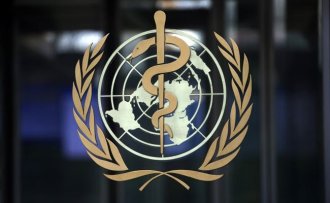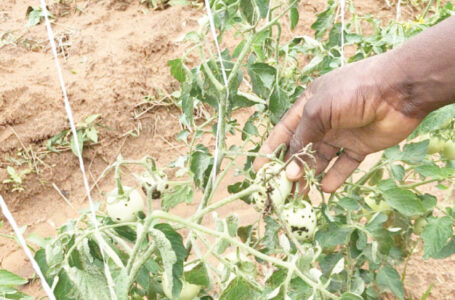Witness narrates how Ex-HoS, allies diverted public funds to private companies in court
WHO reports that women are less susceptible to COVID-19 deaths than men


Modupe Shodeinde
A preliminary analysis by the World Health Organisation (WHO) in 28 African countries has revealed that women account for a slightly smaller proportion of COVID-19 infections and deaths compared with men.
WHO Regional Office for Africa said this in a statement issued from its headquarters in Brazzaville, Congo on Thursday.
The statement stated that Dr Matshidiso Moeti, WHO Regional Director for Africa, reported the findings of the analysis at a virtual press conference on COVID-19.
Moeti said the analysis was based on COVID-19 gender specific epidemiological data provided by countries.
“The data found that although women account for around 41 per cent of COVID-19 cases, this ranges from 31 per cent in Niger to over 57 per cent in South Africa.
“In most countries, women are somewhat less likely to die from COVID-19 than men.
“For instance, in Cote d’Ivoire the case fatality ratio stands at 0.4 per cent for women compared with 0.5 per cent in men.
“In the Democratic Republic of the Congo it is 2.2 per cent versus 2.7 per cent and 0.1 per cent versus 0.5 per cent in Seychelles.
“This comes despite women accounting for a large part of the health workforce which puts them at higher risk of infection,’’ she said.
The statement also disclosed that more than 95,000 health workers have been infected with COVID-19 in Africa.
It stated that in Seychelles, women accounted for 71 per cent of health worker infections, 64 per cent in Eswatini, 55 per cent in Cote d’Ivoire and 54 per cent in Senegal.
“Further analyses are required to determine the factors behind the disparity in infections between men and women. However, some studies have suggested that biological, behavioural or social factors could be responsible.
“Other studies report that men are significantly more likely to suffer severe effects of COVID-19 and more likely to have pre-existing conditions, explaining the slightly lower fatality rate seen in women.
“However, the pandemic and the initial strict containment measures such as lockdowns, movement restriction and school closures accentuated existing vulnerabilities faced by women and girls,” Moeti stated.
She also stated that the aftershocks of the COVID-19 pandemic on women and girls have been profound, leaving many grappling with heightened risks to their health and safety.
According to her, response to the pandemic must go beyond the clinical aspects and address the hidden crises that risk causing long-term effects to lives and livelihoods.











